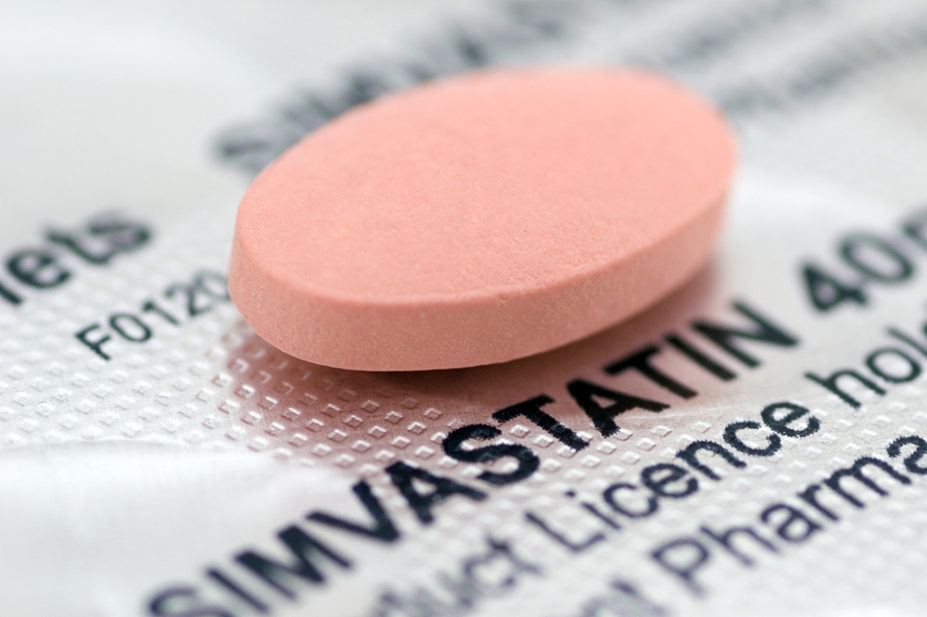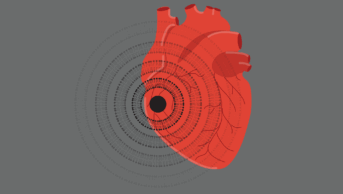
GEOFF KIDD / SCIENCE PHOTO LIBRARY
Statins do not increase the frequency or severity of muscle-related side effects, compared with placebo, a study published in the BMJ has suggested.
Researchers carried out a series of n-of-1 randomised, placebo-controlled trials across 50 primary care sites in the UK, including 200 participants who had recently stopped or were considering stopping treatment with statins owing to muscle aches and pains.
The participants were randomised to a sequence of six, double-blinded treatment periods, lasting two months each, of either atorvastatin (20mg) or placebo, daily. At the end of each treatment period, they were asked to rate their muscle symptoms from 0 to 10 on a visual analogue scale.
After comparing the placebo symptom scores with the statin symptom scores, the researchers found no overall effect of the statins on the frequency or severity of muscle symptoms between the statin and control periods.
They also found no differences for the effect of muscle symptoms on aspects of daily life — such as mood, ability to walk, sleep and enjoyment of life — between the statin and control periods.
In addition, “nearly two thirds” of participants reported that, following the trial results, they planned to restart long-term treatment with statins.
The study authors, whose research was published on 24 February 2021, highlighted that although a causal link between statins and rare but severe muscle adverse effects, such as rhabdomyolysis and myopathy, was “well characterised”, the causal effect of statins on less severe muscle symptoms, such as stiffness, pain, and weakness, was currently “uncertain”.
However, the authors added that widely publicised results of unblinded observational studies have led to many patients stopping treatment, believing their muscle symptoms were caused by the statins, “thus increasing morbidity and mortality from cardiovascular disease”.
“Treatment with statins for those at high risk has potential health benefits that are lost by those who stop treatment,” the authors said.
“The availability of n-of-1 trial packs in clinical care would allow patients and clinician to replicate this study in individuals, for any statin and at any dose to suit clinical needs, in primary care or in lipid clinics,” they added.
Commenting on the study, Paul Wright, lead cardiac pharmacist at Barts Health NHS Trust in London, said that the implications of the study were “wide-reaching” because muscle pain was “commonly reported” by patients newly initiated on statins.
“Given that adherence to long-term therapy is thought to be about 50% and that statin use for primary prevention is preventing an event (i.e. treating the “well patient”), this study gives confidence in retrying statins if they had previously reported muscle pain as a reason for discontinuation,” he said.
However, Wright said that caution should be taken in interpreting the results as the study looked at atorvastatin 20mg only, meaning they may not be reproducible with higher strengths and other types of statin.
“Interestingly, the reported muscle pain in the placebo arm was similar to that of statin therapy, at around 60% — this could suggest that the ‘nocebo’ effect of statin therapy is very high, most likely attributed to long-term negative media publications and articles on this topic,” he continued.
“Patient adherence to long-term therapy is complex and reported persistence is usually low; this study gives confidence that the reported side effect of muscle pain with statins may be one patient perception that may in fact be due to a nocebo — that on re-challenging may be overcome.”


